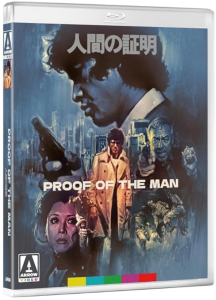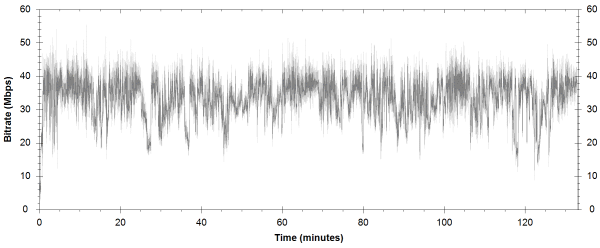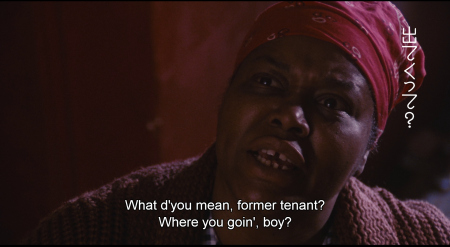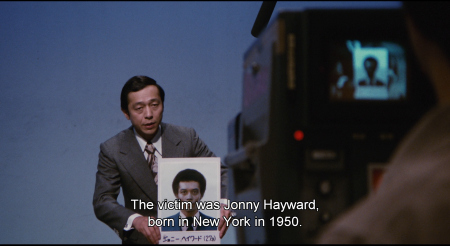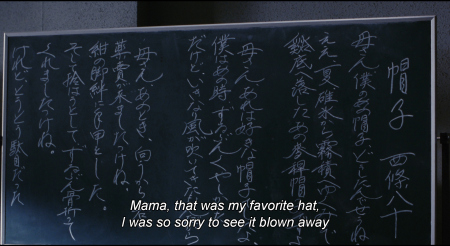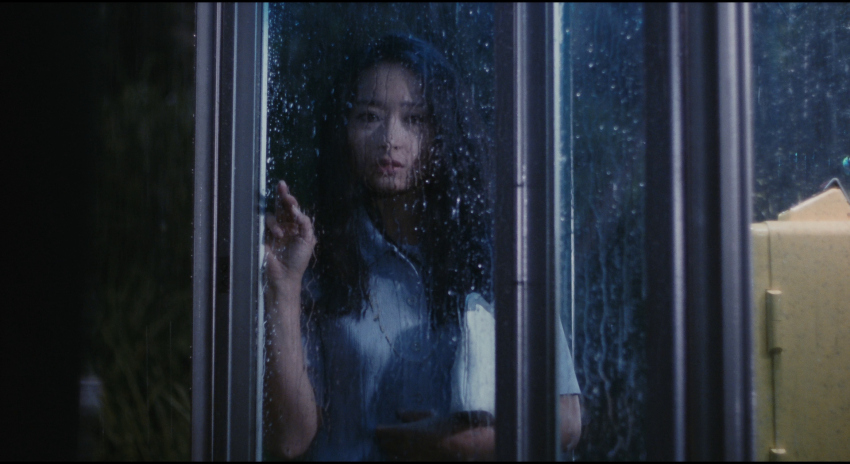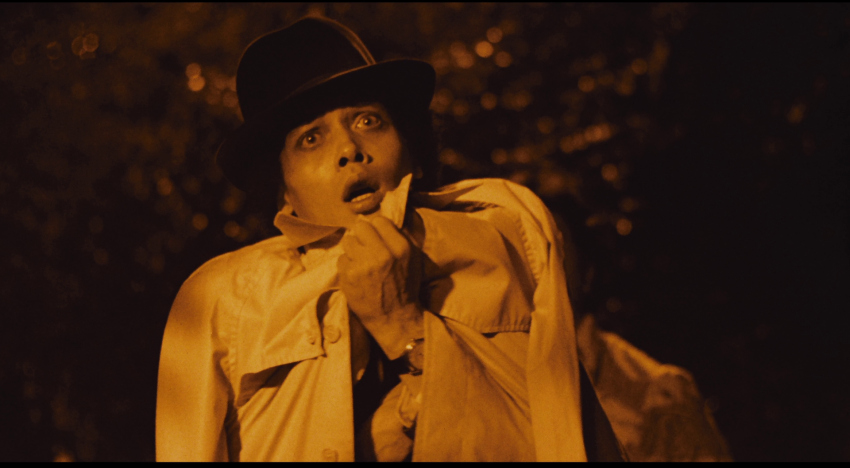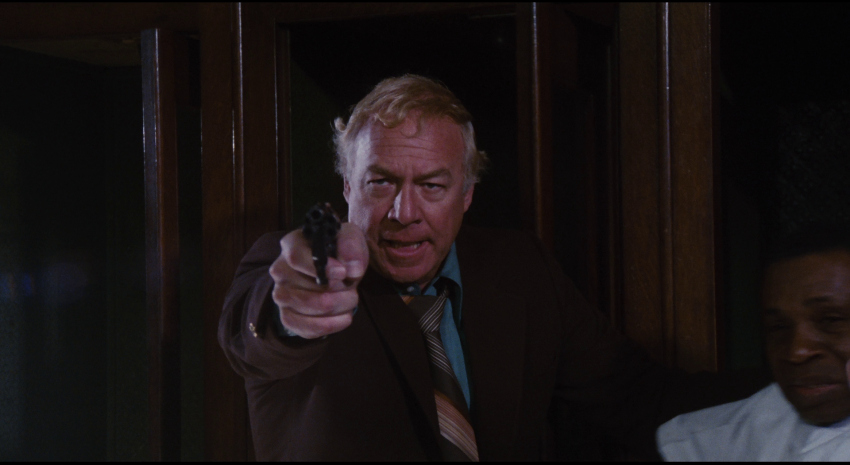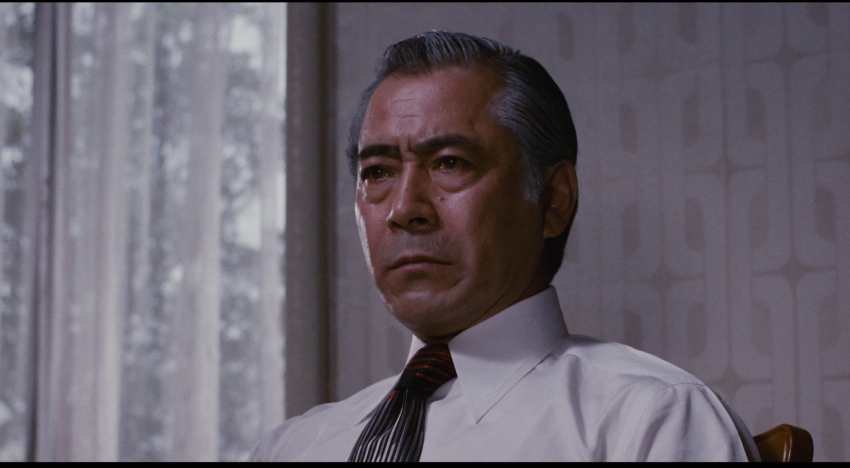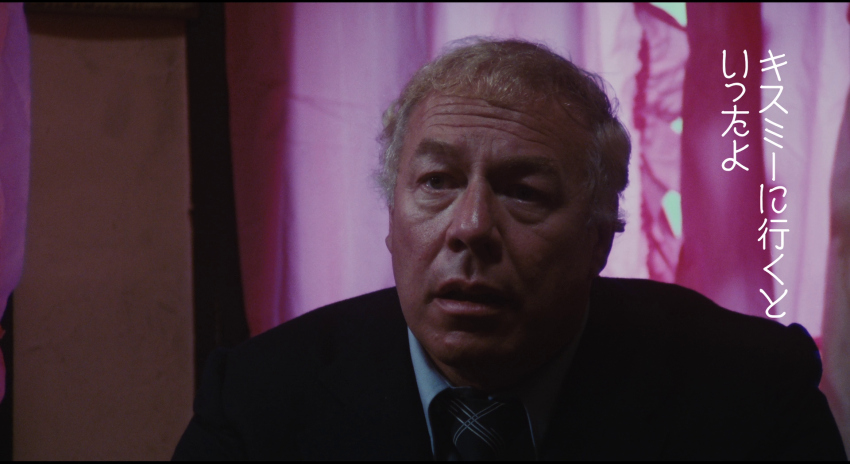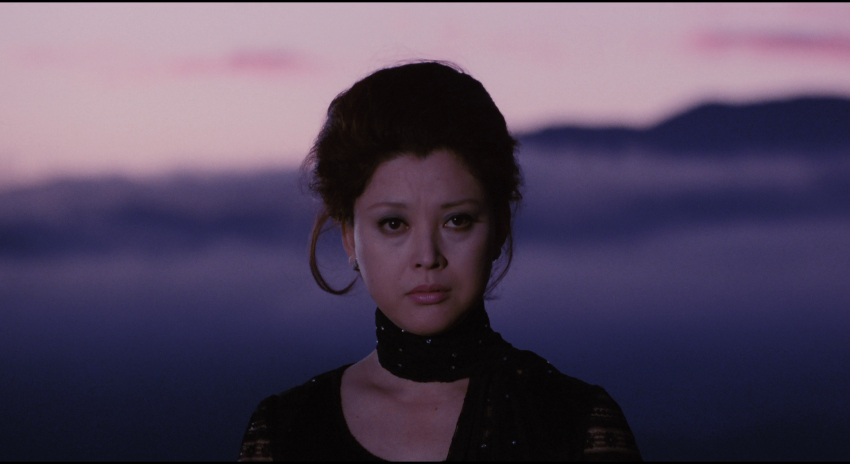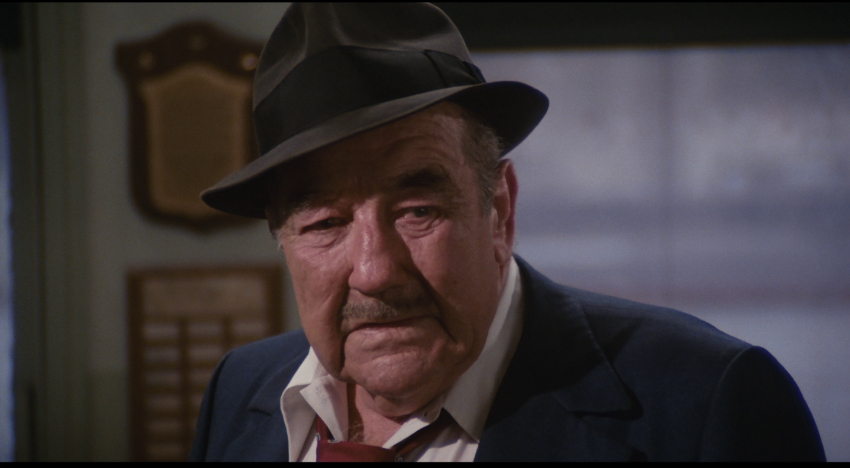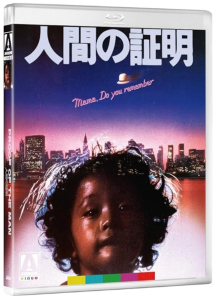|
An
enormous, sincere thank you to our phenomenal
Patreon
supporters! Your unshakable dedication is the bedrock that keeps DVDBeaver
going - we’d be lost without you. Did you know? Our patrons include a
director, writer, editor, and producer with honors like Academy Awards for
Best Picture and Best Director, a Pulitzer Prize-winning screenwriter, and a
Golden Globe-winning filmmaker, to name a few! Sadly, DVDBeaver has reached a breaking point where our existence hangs in the balance. We’re now reaching out to YOU with a plea for help. Please consider pitching in just a few dollars a month - think of it as the price of a coffee or some spare change - to keep us bringing you in-depth reviews, current calendar updates, and detailed comparisons. I’m am indebted to your generosity! |
![]()
![]()

![]()
![]()
|
Search DVDBeaver |
S E A R C H D V D B e a v e r |
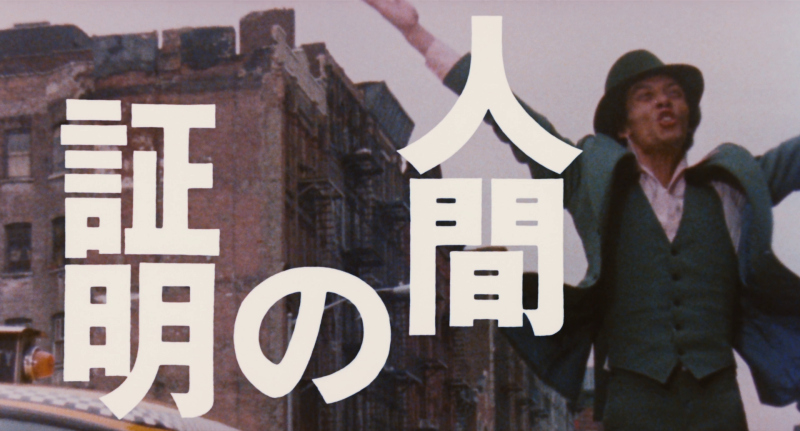
(aka "Ningen no shômei" or "Proof of the Man")
Directed by Junya Sato
Japan /
United States 1977
|
Proof of the Man is a compelling exploration of racial identity and the
trauma of the postwar occupation period framed in the form of a whodunnit. Movie
mogul Haruki Kadokawa changed the landscape of Japanese cinema for good when he
introduced the concept of the blockbuster to the country with this gripping
crime drama featuring an all-star cast. ***
Proof of the Man (original Japanese title: Ningen no Shōmei) is a
1977 crime drama film directed by Junya Sato, adapted from a novel by Seiichi
Morimura, blending elements of mystery, racial identity, and post-war trauma in
a melancholic narrative. |
Posters
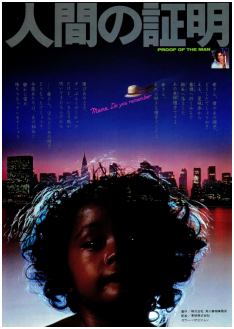 |
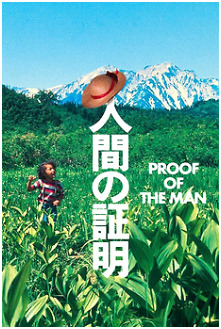 |
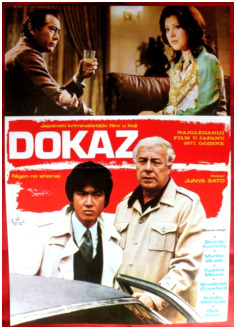 |
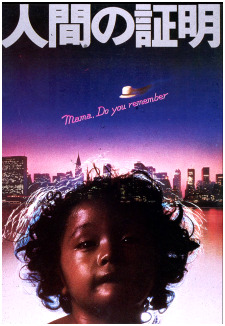 |
Theatrical Release: October 8th, 1977
Review: Arrow - Region FREE - Blu-ray
| Box Cover |
|
CLICK to order from: BONUS CAPTURES: |
| Distribution | Arrow - Region FREE - Blu-ray | |
| Runtime | 2:13:02.724 | |
| Video |
1.85 :1 1080P Dual-layered Blu-rayDisc Size: 48,887,758,993 bytesFeature: 37,713,378,048 bytes Video Bitrate: 3 3.37 MbpsCodec: MPEG-4 AVC Video |
|
|
NOTE: The Vertical axis represents the bits transferred per second. The Horizontal is the time in minutes. |
||
| Bitrate Blu-ray: |
|
|
| Audio |
LPCM Audio
Japanese 1152 kbps 1.0 / 48 kHz / 1152 kbps / 24-bit Dolby Digital Audio English 320 kbps 2.0 / 48 kHz / 320 kbps / DN -31dB |
|
| Subtitles | English, None | |
| Features |
Release Information: Studio: Arrow
1.85 :1 1080P Dual-layered Blu-rayDisc Size: 48,887,758,993 bytesFeature: 37,713,378,048 bytes Video Bitrate: 3 3.37 MbpsCodec: MPEG-4 AVC Video
Edition Details: • Brand new audio commentary with Asian American film scholar Rob Buscher and DJ Skeme Richards • Taking the Big Apple, a brand new video introduction by Asian film scholar Earl Jackson (21:44) • A Japanese Blockbuster, a brand new filmed discussion with critics and Junya Sato biographers Tatsuya Masuto and Masaaki Nomura (27:08) • Original theatrical trailers (Teaser 0:54 / 1:49 / 1:49 / 3:48) • Image gallery (0:21) Reversible sleeve featuring original and newly commissioned artwork by Tony Stella Illustrated collector’s booklet featuring new writing by film critic Michelle Kisner and scholar Alexander Zahlten
Transparent Blu-ray Case Chapters 13 |
|
| Comments: |
NOTE:
The below
Blu-ray
captures were taken directly from the
Blu-ray
disc.
NOTE: We
have added 44 more large resolution Blu-ray
captures (in lossless PNG format) for DVDBeaver Patrons
HERE
On their
Blu-ray,
Arrow use a linear PCM mono track (24-bit) in the original English and
Japanese
languages. The sound design of Proof of the Man
reflects the production's location-heavy approach, resulting in a
natural but occasionally hollow audio quality in interiors, which
enhances realism but reveals budget constraints - echoing the rawness of
contemporaneous police procedurals. Dialogue is bilingual, with Japanese
predominating in Tokyo scenes and English in New York, fostering tension
in cross-cultural exchanges between detective Munesue (Yusaku Matsuda)
and officer Shuftan (George Kennedy). The score, composed by Yuji Ohno -
a legend known for his work on
Lupin the Third
- infuses the film with a funky,
Blaxploitation-esque groove that complements the crime drama's
pacing, particularly in action sequences like the car chase, blending
jazz-inflected rhythms with tense underscores to evoke 1970s urban
thrillers. The overall audio atmosphere supports the film's reflective
tone, urging reconciliation over conflict, though some critics note it
contributes to a sentimental, "issue-of-the-week" vibe. The lossless
mono audio ensures fidelity to the 1977 mix while benefiting from modern
transfer devoid of crackles, pops or imperfections. The standout musical
element is the theme song "Ningen no Shōmei no Tēma," performed
by Joe Yamanaka (who also plays victim Johnny Hayward) in broken
English, with lyrics drawn from Yaso Saiji's poem: "Mama, do you
remember the old straw hat you gave me?" This folk-rock ballad,
repeated throughout - including in flashbacks and the climax - serves as
a haunting leitmotif for lost innocence and familial bonds, becoming a
massive hit in Japan (selling over 517,000 copies and peaking at No. 2
on Oricon) and Asia (known as "Old Straw Hat" in Chinese
regions). The film's sound is conveyed effectively (including unevenness
inherent in the production,) resulting in a solid auditory experience
that prioritizes preservation over remixing. Arrow offer optional
English subtitles on their Region FREE
Blu-ray.
The Jap
Arrow's supplemental materials on the
Blu-ray
elevate this release into collector territory, featuring a brand new
audio commentary by Asian American film scholar
Rob Buscher
and
DJ Skeme Richards, which delves into cultural contexts and the
soundtrack's
Blaxploitation influences, alongside "Taking the Big Apple,"
a 20 minute video introduction by scholar Earl Jackson exploring the
film's trans-Pacific themes. Additional highlights include "A
Japanese Blockbuster," a 1/2 hour filmed discussion with Sato’s
biographers Tatsuya Masuto and Masaaki Nomura on the director's career
and the movie's blockbuster status, plus original theatrical trailers
(including a teaser and multiple versions totaling around 8 minutes) and
a brief image gallery showcasing posters and stills. There is a
reversible sleeve (see below.) Lastly is a 28-page
liner notes booklet with an essay by
Michelle Kisner and a second by
Alexander Zahlten, plus color photos, production credits and
notes on the restoration.
Junya Sato's Proof of the Man
stands as a poignant intersection of crime thriller and social drama,
adapted from
Seiichi Morimura's bestselling novel. As a product of Kadokawa
Pictures' ambitious international co-production era, the film weaves a
trans-Pacific mystery that probes deep into the scars of World War II's
aftermath, particularly the Occupation period in Japan. Featuring a
bilingual cast led by Yusaku Matsuda (The
Beast to Die,
Kagero-za) as the resolute Japanese detective Kyōichirō Munesue,
George Kennedy (Cool
Hand Luke,
Just Before Dawn,
Death Ship,
Creepshow 2,
Nightmare at Noon) as the grizzled NYPD officer Ken Shuftan, and
Joe Yamanaka (of the rock band
Flower Travellin' Band) as the ill-fated victim Johnny Hayward,
it explores themes of racial prejudice, hidden identities, and the
enduring weight of guilt. While commercially successful in Japan, the
film's attempt to appeal to American audiences through Hollywood-style
elements like car chases and procedural grit met with limited success
abroad, yet it remains a compelling artifact of 1970s Japanese cinema
for its unflinching look at historical taboos. At its core, "Proof of
the Man" interrogates what constitutes "human proof" - not mere
existence, but the capacity to bear guilt and suffer for one's sins as a
marker of humanity. This is encapsulated in Kyoko's admonition to her
son: "The real proof of a man is to suffer for your sins and live
with them inside you for the rest of your life." The film delves
profoundly into post-war trauma, portraying the Occupation as a period
of desperation where survival often meant moral compromises, such as
Kyoko's involvement in the black market and her abandonment of her
mixed-race child. Racial identity emerges as a central motif,
highlighting the plight of Amerasian "war babies" - children of Japanese
women and American soldiers - who faced severe discrimination in Japan,
often abandoned to orphanages like the Elizabeth Saunders Home or pushed
into marginal lives. "Proof of the Man" transcends its genre
trappings to offer a nuanced meditation on identity, guilt, and
reconciliation in the shadow of war. Sato's direction, bolstered by
strong performances and evocative symbolism, crafts a narrative that,
despite imperfections, compels viewers to confront uncomfortable
histories. The a/v of Arrow's Blu-ray
of "Proof of the Man" fully supports the stylistically ambitious
portrait of post-war scars, where Himeda's contrasting visuals and
Ohno's funky score, punctuated by Yamanaka's iconic theme, elevate a
standard whodunit into a culturally resonant drama. Despite minor flaws
like uneven audio from location shooting, the film's hybrid aesthetic -
Blaxploitation meets Japanese melancholy - remains compelling,
especially in its restored form. As a bridge between continents and
eras, it invites viewers to appreciate how style serves substance,
proving humanity through sensory immersion. Extras are outstanding. Fans
will be extremely pleased with this package.
|
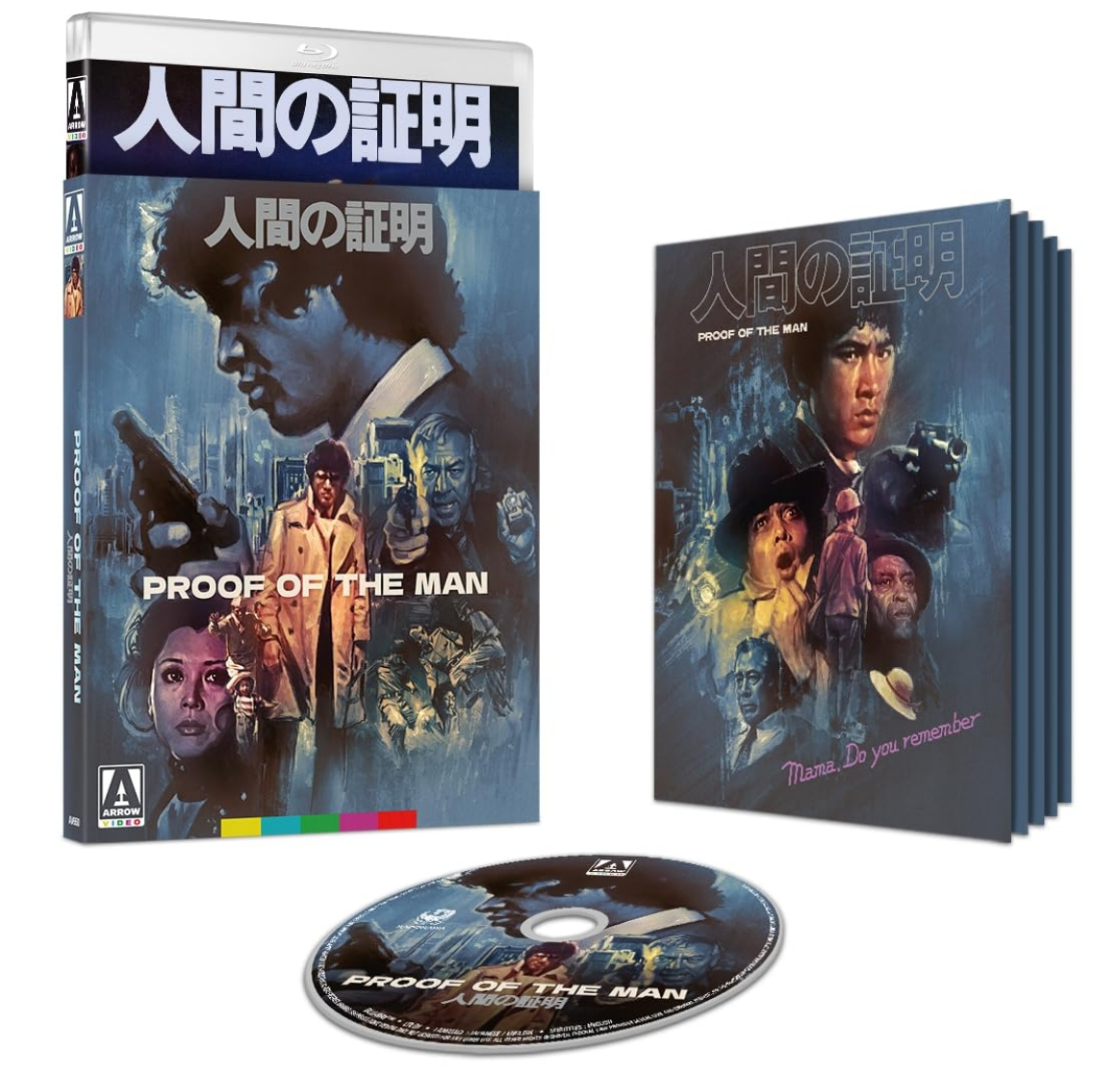 |
Menus / Extras
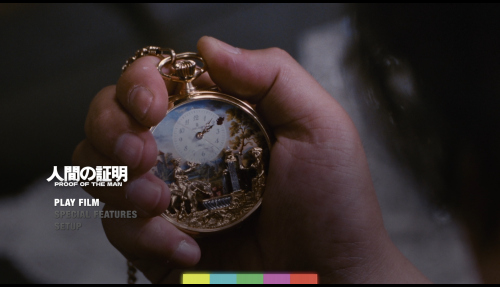 |
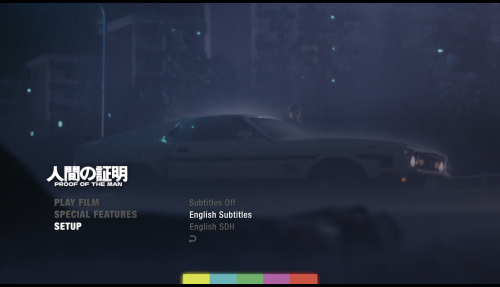 |
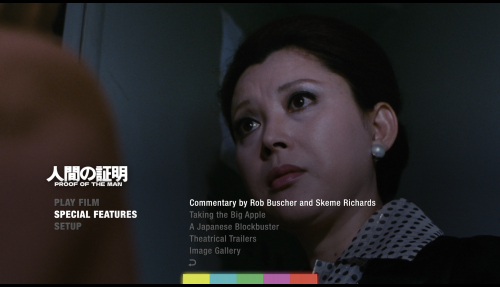 |
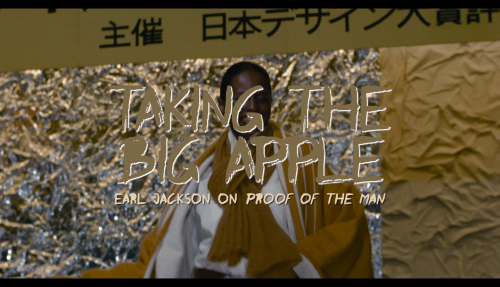 |
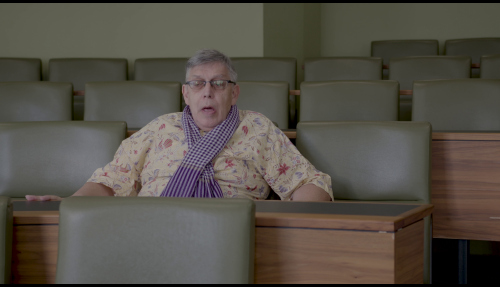 |
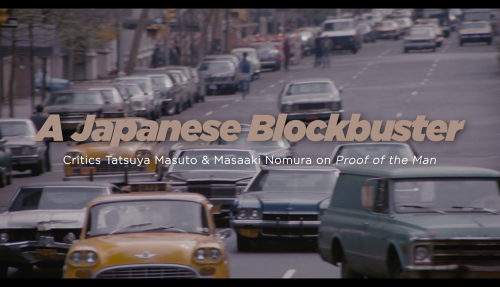 |
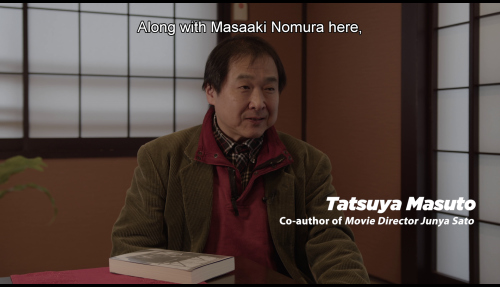 |
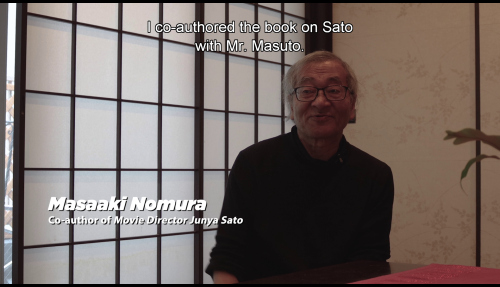 |
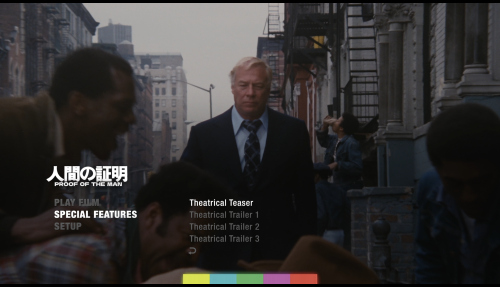 |
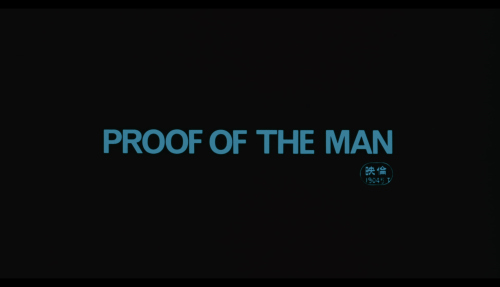 |
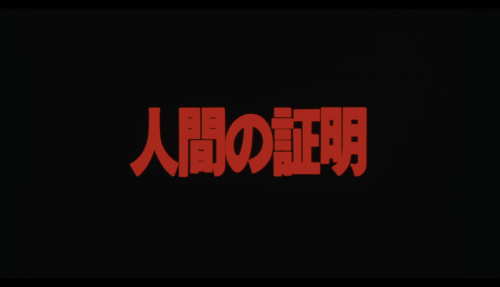 |
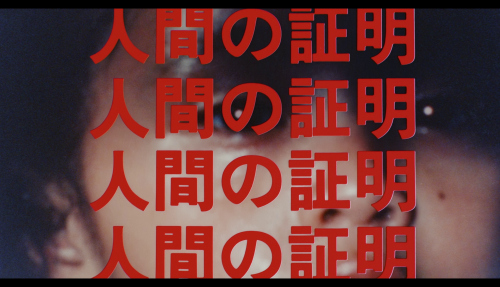 |
 |
CLICK EACH BLU-RAY CAPTURE TO SEE ALL IMAGES IN FULL 1920X1080 RESOLUTION
More full resolution (1920 X 1080) Blu-ray Captures for DVDBeaver Patreon Supporters HERE
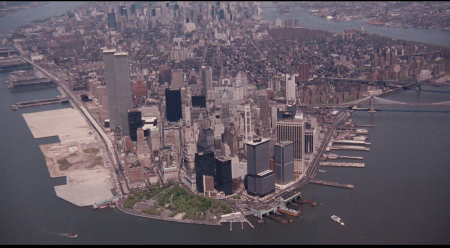 |
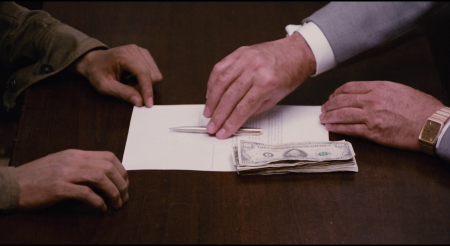 |
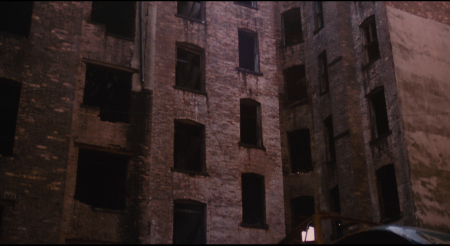 |
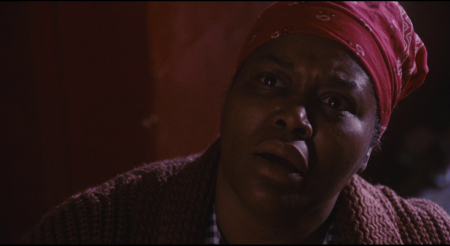 |
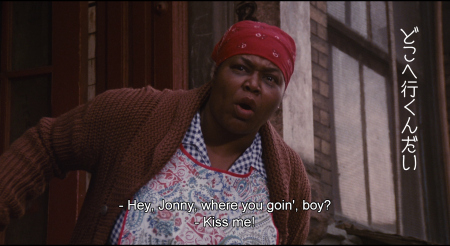 |
 |
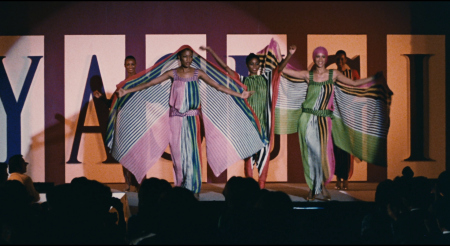 |
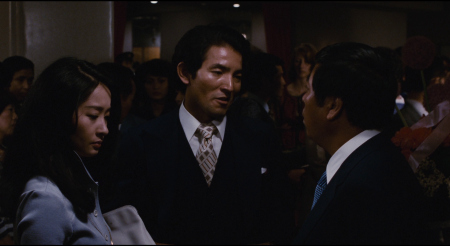 |
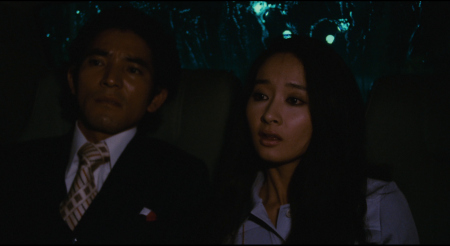 |
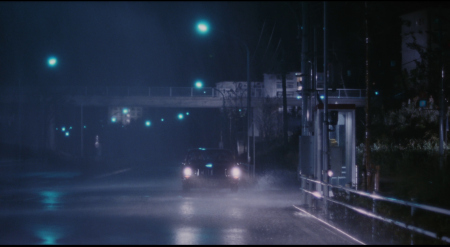 |
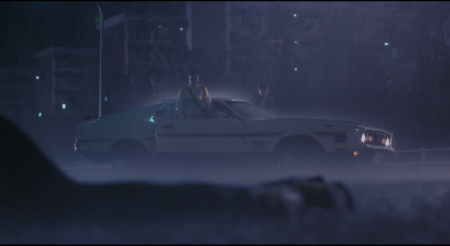 |
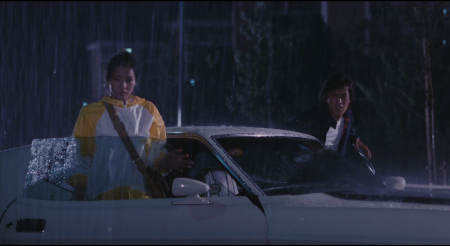 |
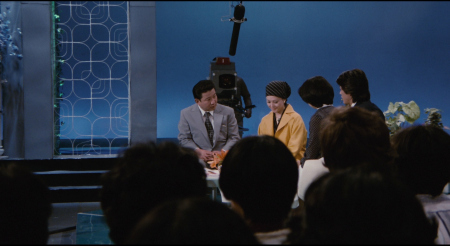 |
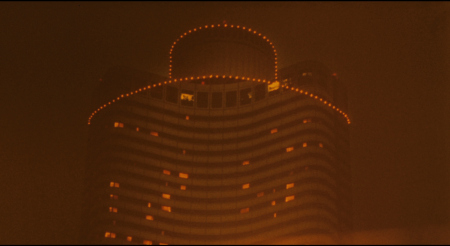 |
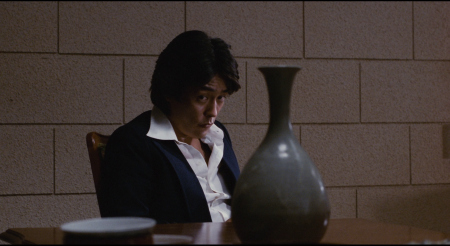 |
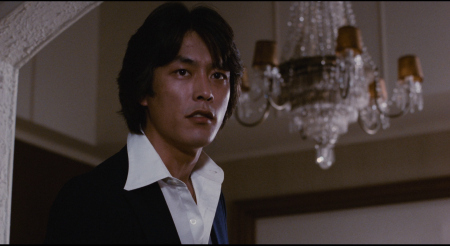 |
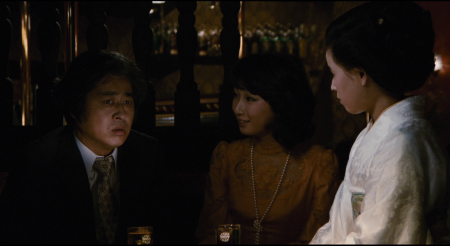 |
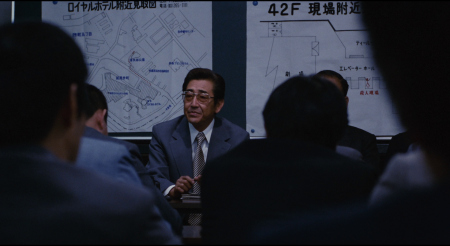 |
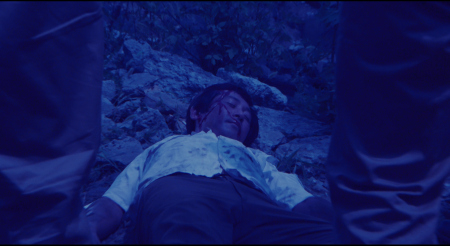 |
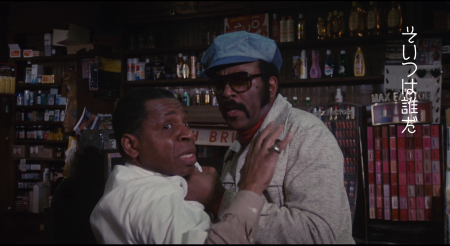 |
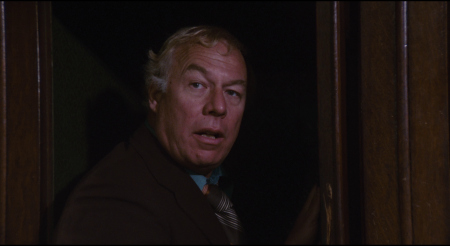 |
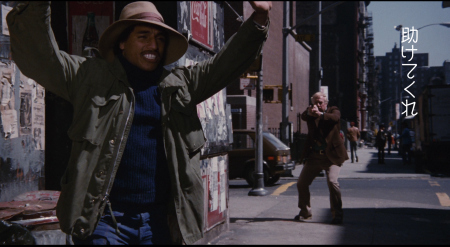 |
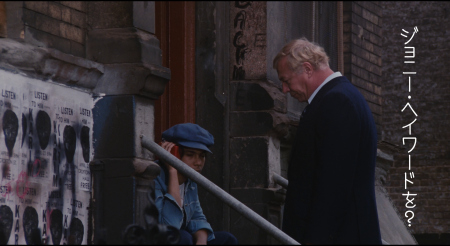 |
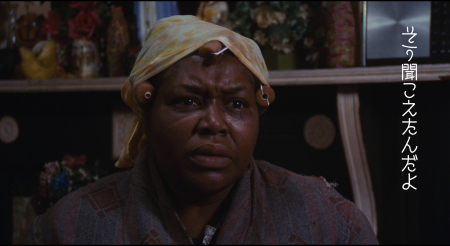 |
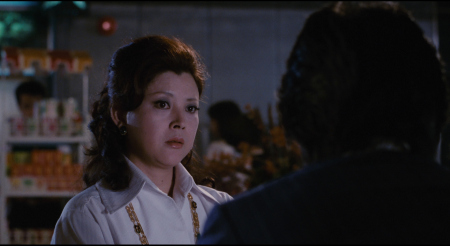 |
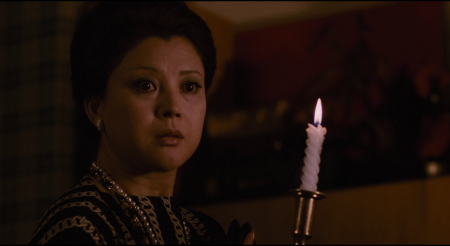 |
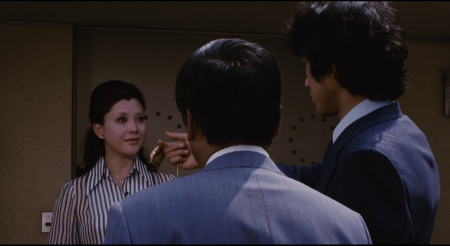 |
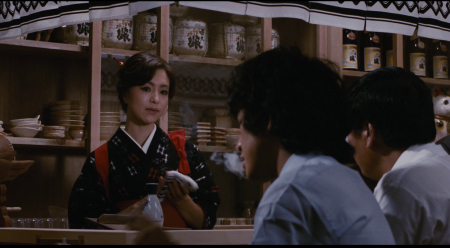 |
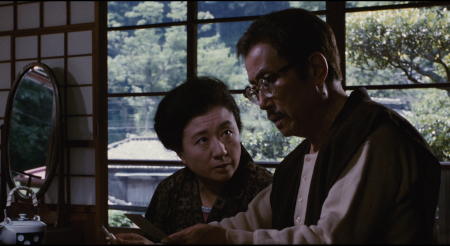 |
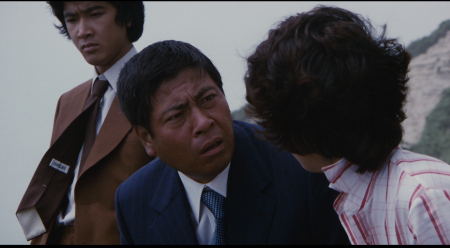 |
 |
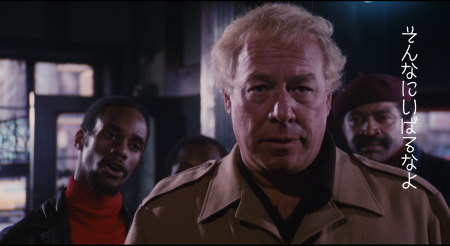 |
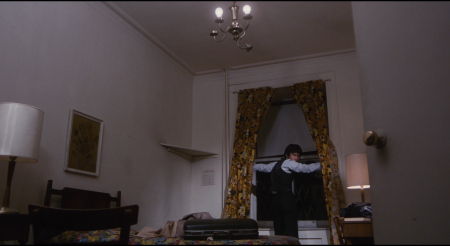 |
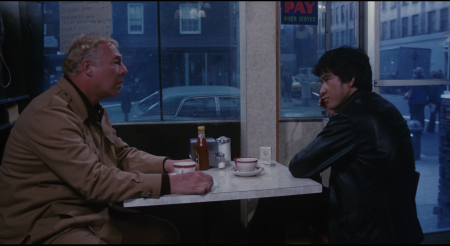 |
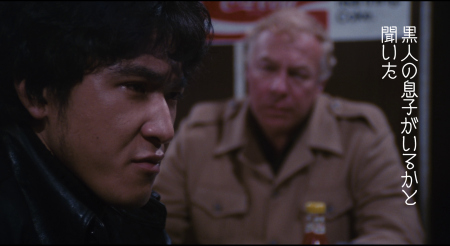 |
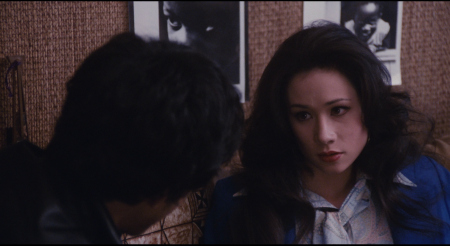 |
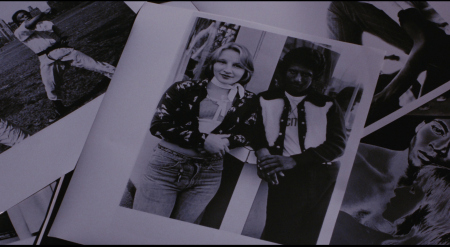 |
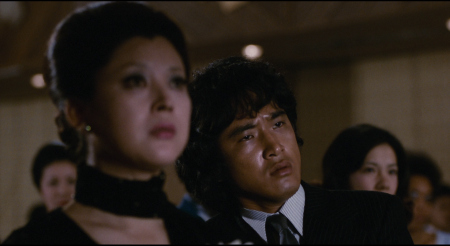 |
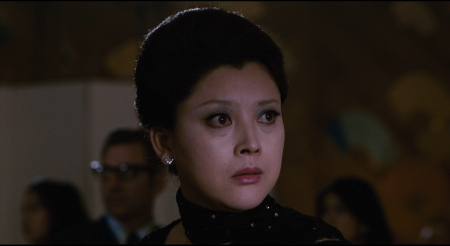 |
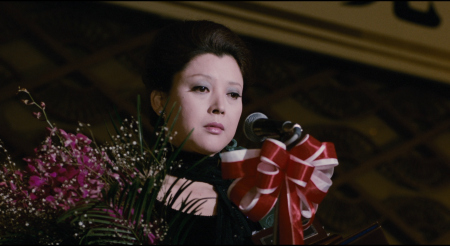 |
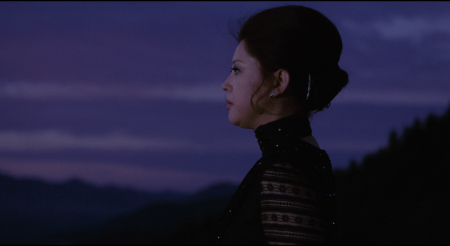 |
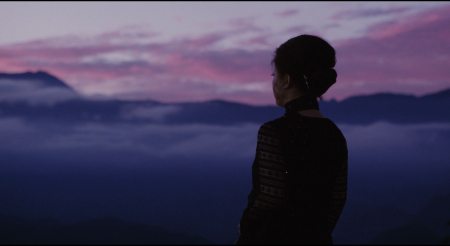 |
| Box Cover |
|
CLICK to order from: BONUS CAPTURES: |
| Distribution | Arrow - Region FREE - Blu-ray | |
![]()
![]()

![]()
![]()
|
Search DVDBeaver |
S E A R C H D V D B e a v e r |



